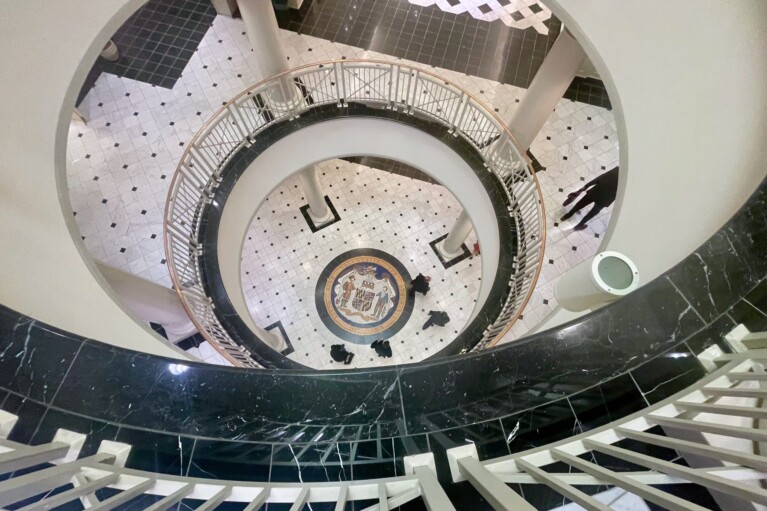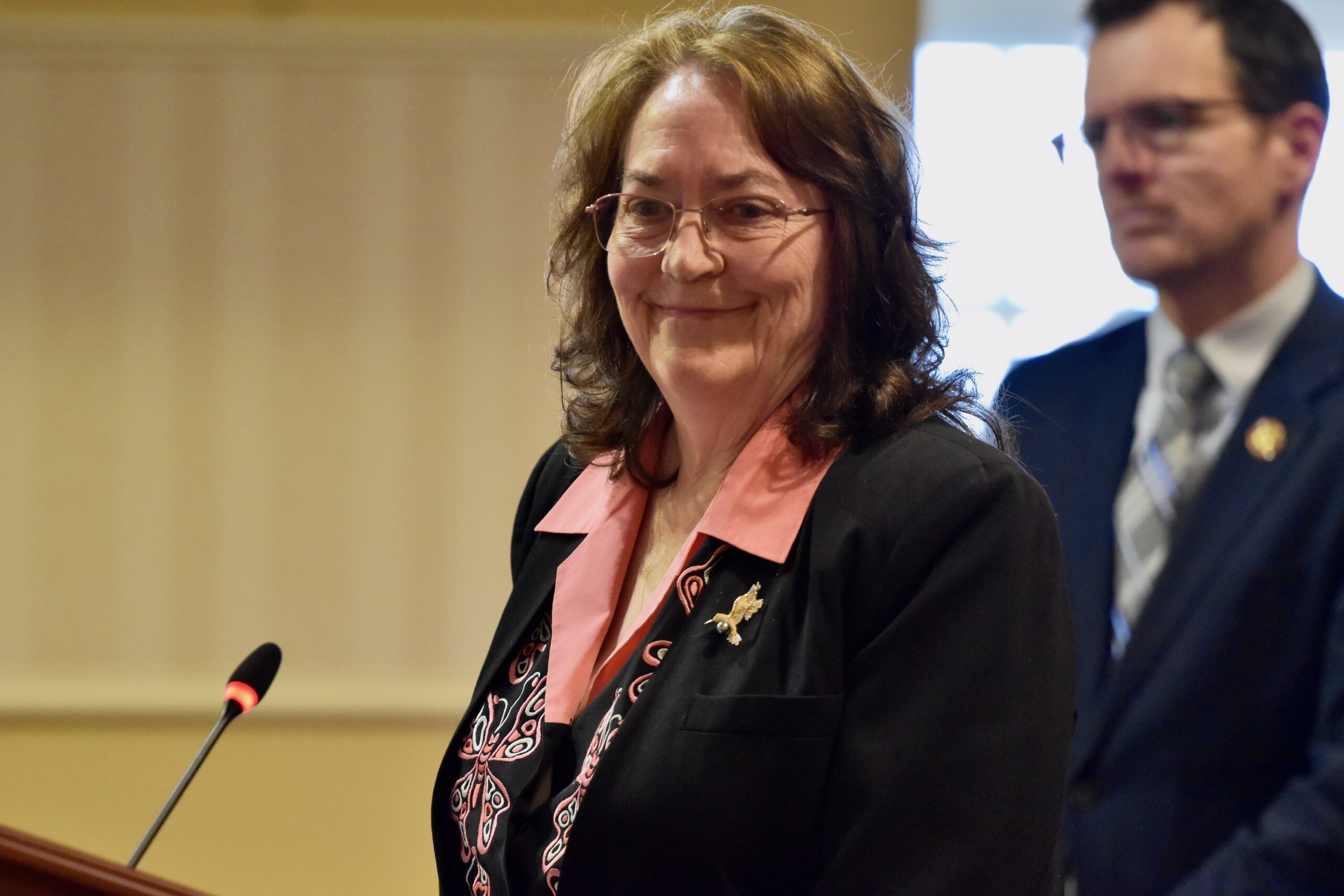Liquor Industry Pushes Back on Tax Hike to Ease Health Disparities
Just as lawmakers are ramping up a proposal to raise the state’s liquor tax to pay for programs designed to narrow health disparities in the state, the alcohol industry is pushing back.
Leaders of seven industry organizations issued a statement Wednesday opposing the proposed legislation, which is set to be introduced in the 2021 General Assembly session. They timed the release of their statement with a video news conference from lawmakers, health professionals and advocates promoting the plan.
“While we support the use of State dollars to address health care disparities, we do not support raising the most regressive tax in the State to do so,” the industry statement began. It was signed by representatives of the Maryland State Licensed Beverage Association; Maryland Beer Wholesalers Association; the Brewers Association of Maryland; Maryland Distillers Guild; Maryland Wineries Association; Licensed Beverage Distributors of Maryland; and Maryland Restaurant Association.
The advocates are proposing a plan to raise the alcohol tax from 9% to 10% to create Health Equity Resource Communities, five areas that would receive extra funding for programs that boost access to health treatment. It is modeled after the Health Enterprise Zones Program, which ran from 2012 until 2016 with funding from a liquor tax increase and was allowed to expire by Gov. Lawrence J. Hogan Jr. (R).
Sen. Antonio L. Hayes (D-Baltimore City) and Dels. Erek L. Barron (D-Prince George’s) and Jazz Lewis (D-Prince George’s) plan to introduce the measure in the upcoming legislative session. They were joined on a press call Thursday by clergy, union leaders, health care advocates, and representatives of Care First Blue Cross Blue Shield and the Maryland Hospital Association.
Lewis called seeking extra funding from the liquor tax “a tried and true source of revenue.”
But the liquor industry said that with the economy stalled due to COVID-19, and hospitality especially hard hit, it’s a terrible time to sock the industry with a tax hike.
“As these businesses struggle to regain their footing, which will take years, raising taxes will likely result in reduced sales in Maryland and essentially kicks a struggling industry
while it is down,” the industry statement said.
The business representatives argued that “alcohol is already taxed twice in Maryland. There is an excise tax on alcohol which is paid when products arrive in the State. There is also a 9% sales tax applied to alcohol at the point of sale. This rate is already 50% higher than the 6% rate applied to every other item subject to the sales tax in Maryland. In effect, this tax increase takes one of the highest taxed items in Maryland and taxes it even more.”
They also said that Maryland’s sales tax rate on alcohol is already higher than most surrounding states, including Virginia (5.3%), Pennsylvania (6%), and West Virginia (6%). And, they argued, alcohol taxes are “regressive.”
“Those who have lost their jobs due to the pandemic, many from the hospitality industry but also from hospitals and other industries, are the consumers being asked to pay these higher taxes,” the industry group wrote. “The General Assembly should focus on getting bars and
restaurants back on their feet, so that they can hire workers back, and not on taxing those industries and those consumers who have been hit the hardest.”



 Creative Commons Attribution
Creative Commons Attribution